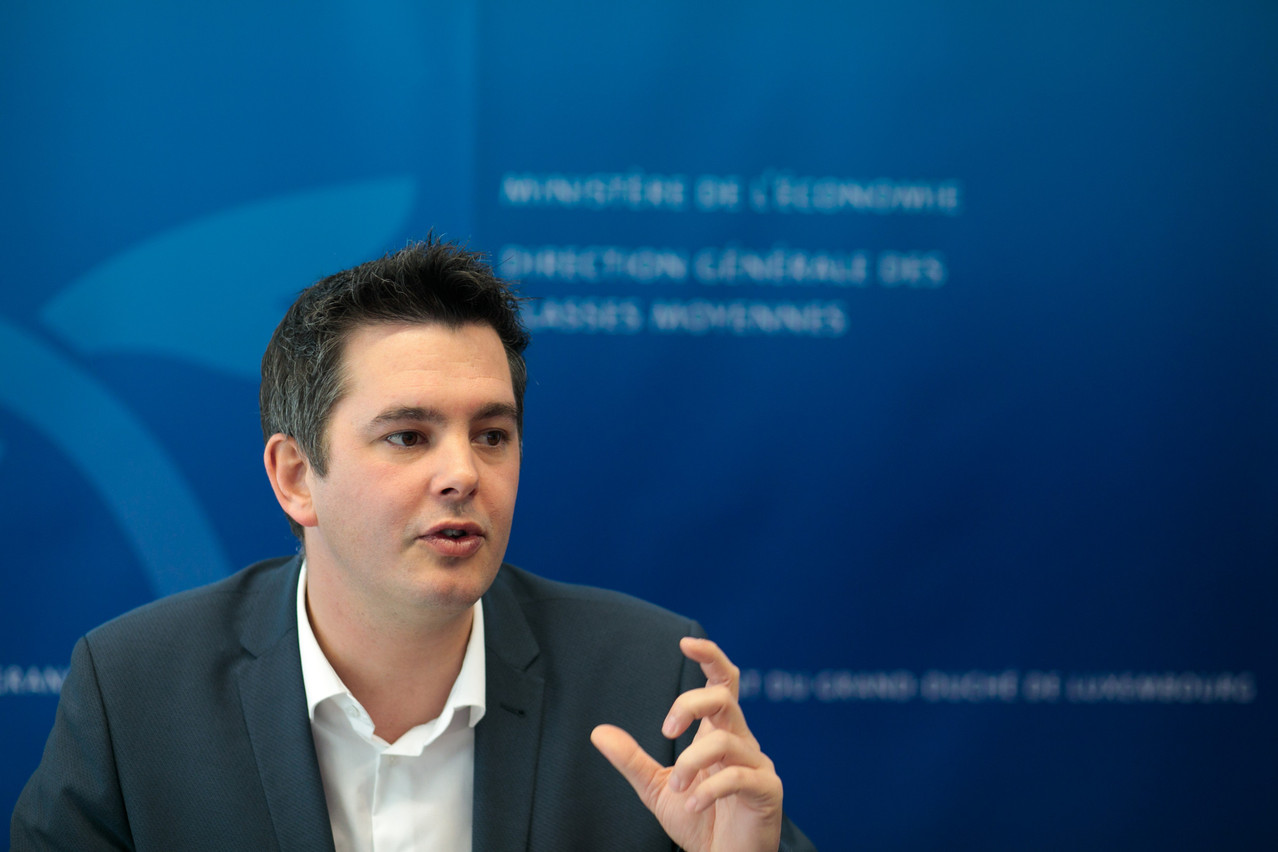Delles’ first dossier after becoming minister for SMEs and tourism in December 2018 is on the verge of reaching completion.
“It has been a long process, because we wanted to take the time to exchange with several stakeholders such as the ministry of justice, the social security system, the trades sector and the Chamber of Skilled Trades and Crafts. The dossier was also complex and technical at the legislative level. From now on, we are waiting for the opinion of the Council of State, which we hope will be as quick as possible,” said Delles during a press conference on Thursday.
After defending his reform before parliament at the end of last week, Delles gave a few more details on this new right of establishment.
Second chance after bankruptcy
The first major point--there are four--is the principle of a second chance in case of bankruptcy. Previously, bankruptcy was the dreaded fate of an entrepreneur, as it was very difficult to obtain a new business permit afterwards. With the principle of second chance, an entrepreneur can facilitate the right to start a business after bankruptcy, if they failed due bad luck or mismanagement.
“It is a commission that will bring together all the public creditors (customs, the CNS, the tax administration) that will open this right to a second chance. The question of debts will be important so that an entrepreneur who benefits from a second chance is not directly obliged to settle debts with public creditors from their first day of activity with a new business,” Delles explained briefly.
On the other hand, those accused of fraudulent bankruptcy do not have access to a second chance. The second chance principle will also not be retroactive.
Access to professions and business transfers simplified
The second major point is that the reform will simplify access to certain professions. The qualification requirement will be abolished for certain activities such as photography, building services or sound production. In a statement, the ministry stated that this was “taking into account the new realities of certain professions, whose requirements have changed, particularly in the context of digitalisation.”
Still, with a view to facilitating the right to entrepreneurship, the third part of this reform concerns the transfer of businesses. An employee who has held a position in a company for three years (as opposed to 10 years previously) will be able to take over the business permit before acquiring professional qualifications within five years. This is an important element as 30% of entrepreneurs will be looking for a buyer within the next 10 years in Luxembourg.
Finally, the reform of the right of establishment should simplify certain administrative procedures and strengthen controls on money laundering and terrorist financing. It should be noted that it will also provide a better framework for the rental of short-term accommodation. An individual will be free to rent out accommodation (via, for example, a platform such as Airbnb) for a cumulative period of three months per year. Beyond that, they will need to have a hotel establishment permit.
This story was first published in French on . It has been translated and edited for Delano.
